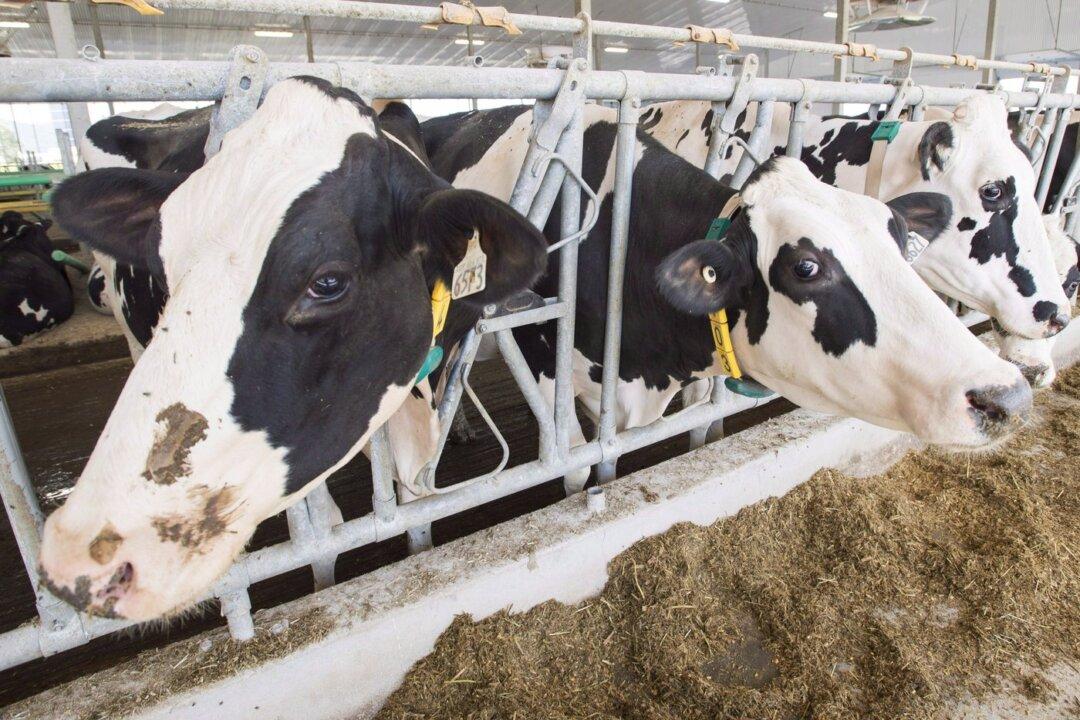The federal government is cheering a big win in its ongoing dispute with the U.S. over access to Canada’s dairy market.
A settlement panel has rejected complaints from the U.S. Trade Representative’s office over how Canada is allocating its dairy import quotas.





